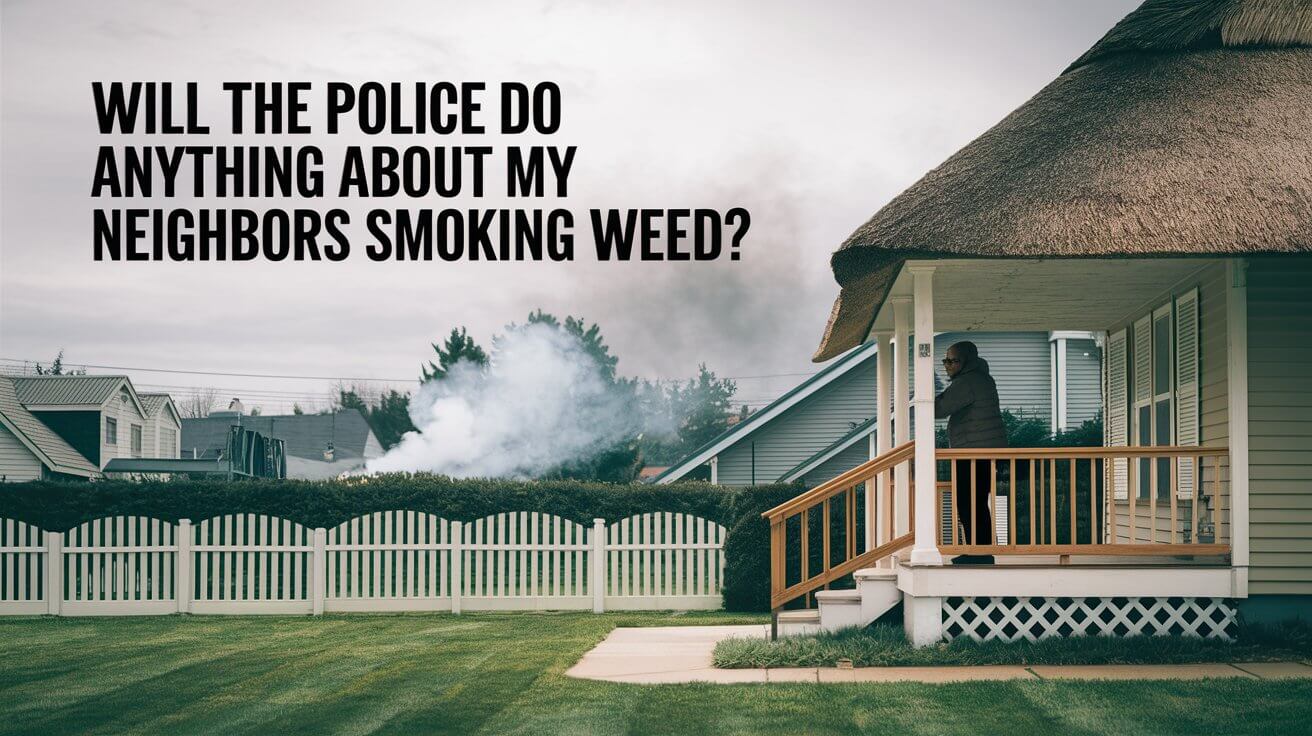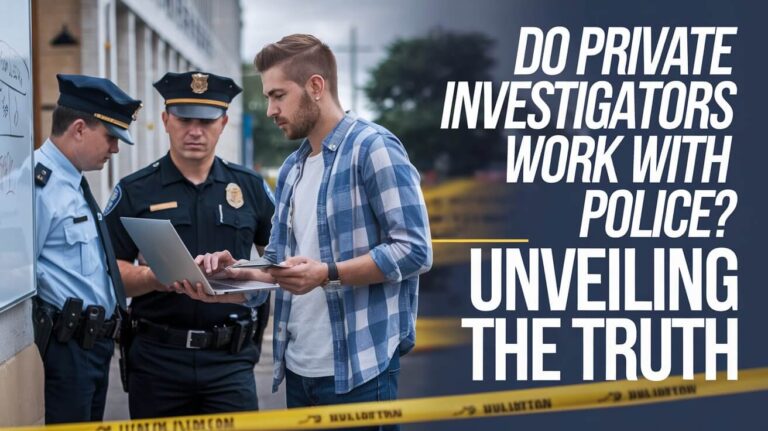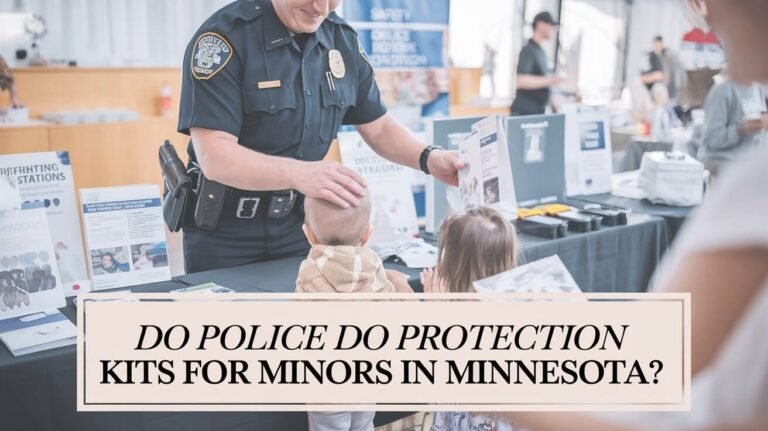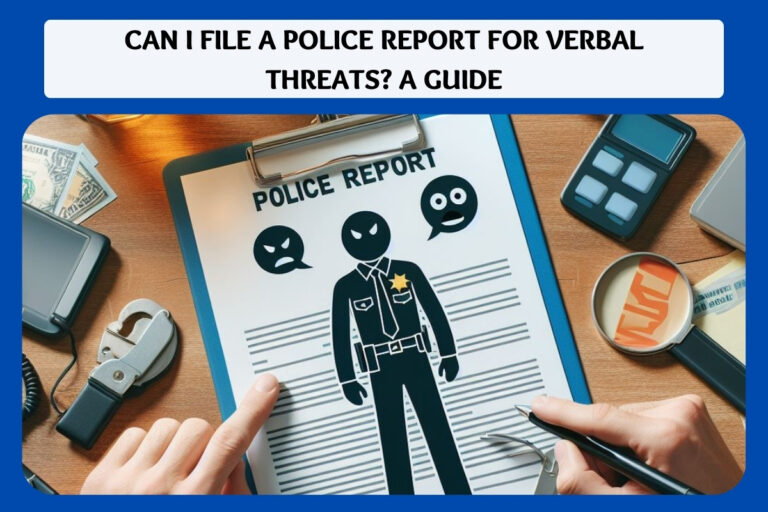Will the Police Do Anything About My Neighbors Smoking Weed?

Dealing with neighbors who smoke cannabis can be tough. You might wonder if calling the police will solve the problem. Unfortunately, there’s no simple answer. The law and police response vary depending on where you live. This guide will explain what you can do and what to expect if you involve law enforcement when your neighbors’ weed smoking bothers you.
The Legal Landscape
Cannabis laws vary widely across the United States. Some states have fully legalized recreational use, while others maintain strict prohibitions. This patchwork of regulations makes addressing neighbor disputes over marijuana use challenging.
State-by-State Differences
In states where recreational cannabis is legal, police may be less likely to intervene in disputes between neighbors over marijuana use. However, even in these states, there are often restrictions on where and how people can consume cannabis.
For example, Colorado legalized recreational marijuana in 2012, but public consumption remains illegal. This means your neighbor might be breaking the law if they’re smoking on their front porch or in a shared apartment hallway.
On the flip side, states with stricter cannabis laws might see more active police involvement. In Texas, for instance, possession of even small amounts of marijuana can result in criminal charges. Police in these areas may be more inclined to respond to complaints about neighbors smoking weed.
Federal vs. State Laws
It’s important to remember that marijuana remains illegal at the federal level. This creates a complex legal environment where state and federal laws sometimes conflict. While federal law enforcement typically doesn’t target individual users, this discrepancy can impact how local police handle marijuana-related complaints.
When to Consider Contacting the Police
Before picking up the phone to call the cops, it’s crucial to assess the severity of the situation. Police resources are often stretched thin, and they may prioritize more urgent matters over neighbor disputes about cannabis use.
Assessing the Severity
Ask yourself these questions:
- Is the smoke entering your living space?
- Are there children or vulnerable individuals being exposed?
- Do you suspect drug dealing or other criminal activity?
- Has the problem persisted despite attempts to resolve it directly with your neighbor?
If you answered yes to any of these, it might be time to consider involving law enforcement.
Health and Safety Concerns
Secondhand marijuana smoke can pose health risks, especially for children, pregnant women, and people with respiratory conditions. If you have serious health concerns related to your neighbor’s cannabis use, document these issues. This information can be valuable if you decide to contact the police or pursue other legal options.
What to Expect When You Call the Police
If you decide to contact law enforcement about your neighbors smoking weed, it’s important to have realistic expectations about the outcome.
Police Response to Cannabis Complaints
In many cases, police may not treat neighbor disputes over marijuana use as a high priority, especially in areas where cannabis is legal or decriminalized. Their response might include:
- Taking a report over the phone
- Sending an officer to speak with the parties involved
- Issuing a warning to the offending neighbor
- In some cases, no action at all
Remember, police often need probable cause to enter someone’s home. The smell of marijuana alone may not be enough, depending on local laws and policies.
Limitations of Law Enforcement
Police face several constraints when dealing with these situations:
- Privacy laws protect individuals in their homes
- Resources may be limited for non-emergency calls
- Conflicting state and federal laws can complicate enforcement
- Evidence may be difficult to gather for prosecution
Given these limitations, it’s wise to explore other solutions before involving the police.
Alternative Solutions to Calling the Police
Often, there are more effective ways to address issues with neighbors smoking weed than immediately calling law enforcement.
Talking to Your Neighbors
Direct communication can be surprisingly effective. Many people don’t realize their cannabis use is bothering others. Try these steps:
- Choose a calm moment to approach your neighbor
- Explain your concerns politely and clearly
- Suggest compromises, like smoking away from shared walls or using a vaporizer
- Be open to finding a mutually agreeable solution
Remember, maintaining a good relationship with your neighbors can make your living situation much more pleasant in the long run.
Contacting Your Landlord or Property Management
If you’re renting, your landlord or property management company might be able to help. Many lease agreements have clauses about smoking or illegal activities. Even in states where cannabis is legal, landlords often have the right to prohibit its use on their property.
Steps to take:
- Review your lease agreement
- Document the issue with dates, times, and specific concerns
- Write a formal complaint to your landlord or property manager
- Follow up regularly if the problem persists
Landlords have more leverage to address these issues, as they can potentially evict tenants who repeatedly violate lease terms or disturb other residents.
Documenting the Issue: Why It’s Important
Whether you decide to involve the police, your landlord, or pursue other legal options, thorough documentation is crucial.
Keeping a Record of Incidents
Start a log that includes:
- Dates and times of marijuana use
- How it affected you (e.g., smoke entering your apartment, noise disturbances)
- Any health impacts you’ve experienced
- Attempts to resolve the issue with your neighbor
This information can help establish a pattern of behavior and demonstrate the impact on your quality of life.
Gathering Evidence Safely and Legally
While it’s important to document the problem, be careful not to break any laws yourself. Avoid:
- Entering your neighbor’s property
- Taking photos or videos that invade their privacy
- Making false statements or exaggerating the situation
Stick to factual observations and focus on how the situation affects you personally.
Understanding Your Rights as a Neighbor
Knowing your rights can help you navigate this challenging situation more effectively.
Reasonable Expectation of Quiet Enjoyment
Most residential leases and laws include a right to “quiet enjoyment” of your home. This doesn’t just mean freedom from noise – it also covers freedom from noxious odors and other disturbances that significantly impact your quality of life.
If your neighbor’s cannabis use is substantially interfering with your ability to enjoy your home, you may have grounds for complaint, even in areas where marijuana is legal.
Dealing with Secondhand Smoke
Secondhand marijuana smoke can be more than just a nuisance – it can pose health risks. Some jurisdictions have laws specifically addressing secondhand smoke, including cannabis smoke, in multi-unit housing.
Check your local laws to see if there are specific protections against secondhand smoke exposure in residential settings. This information can be valuable when discussing the issue with your landlord or local authorities.
The Role of Local Authorities Beyond Police
If involving the police doesn’t resolve the issue, or if you’re hesitant to take that step, there may be other local authorities who can help.
City Council or Local Government
Some cities have nuisance laws or specific ordinances about cannabis use that can be enforced by local code enforcement officers. Contact your city council or local government office to learn about:
- Local laws regarding marijuana use
- How to file a formal complaint
- What enforcement measures are available
These authorities might be able to mediate the situation or take action without involving law enforcement directly.
Exploring Mediation Services
Many communities offer mediation services to help resolve neighbor disputes. These neutral third parties can facilitate conversations and help find mutually agreeable solutions. Benefits of mediation include:
- Less confrontational than involving police or courts
- Often faster and cheaper than legal action
- Can help preserve neighborly relationships
- Allows for creative problem-solving
Check with your local court system or community center to see if mediation services are available in your area.
Health Implications of Secondhand Cannabis Smoke
Understanding the potential health risks of secondhand marijuana smoke can help you communicate your concerns more effectively.
Potential Risks and Concerns
While research is still ongoing, some studies suggest that secondhand cannabis smoke may have health impacts similar to tobacco smoke, including:
- Respiratory irritation
- Increased risk of lung problems
- Potential cardiovascular effects
- Possible cognitive impacts, especially in children and adolescents
These concerns can be especially pressing for individuals with pre-existing health conditions or vulnerabilities.
Protecting Vulnerable Individuals
If you have children, elderly family members, or individuals with health conditions in your home, their well-being adds urgency to the situation. Document any specific health concerns and consult with a healthcare provider if you’re worried about the effects of secondhand cannabis smoke.
This information can be valuable if you need to escalate your complaint to landlords, local authorities, or even pursue legal action.
Legal Options If Police Action Is Ineffective
If involving the police doesn’t resolve the issue, you may need to consider other legal avenues.
Civil Lawsuits and Their Viability
In some cases, you might have grounds for a civil lawsuit against your neighbor or landlord. Potential legal claims could include:
- Nuisance
- Breach of covenant of quiet enjoyment
- Negligence (if health impacts can be proven)
However, lawsuits can be costly, time-consuming, and may damage neighborly relations. Consult with a local attorney to understand if this option is viable and advisable in your situation.
Restraining Orders and Other Legal Measures
In extreme cases where cannabis use is accompanied by threats or harassment, you might be able to obtain a restraining order. This legal tool can require your neighbor to maintain a certain distance from you and your property.
Other potential legal measures might include:
- Injunctions to stop specific behaviors
- Small claims court for property damage or health-related expenses
- Housing court complaints (in some jurisdictions)
Always consult with a legal professional before pursuing these options to understand the process and potential outcomes.
Impact on Property Values and Neighborhood Dynamics
Persistent issues with neighbors smoking weed can have broader impacts on your community.
How Persistent Cannabis Use Affects Communities
Frequent, disruptive marijuana use in a neighborhood can lead to:
- Decreased property values
- Increased tension between neighbors
- Higher turnover in rental properties
- Perception of the area as less family-friendly
These factors can create a cycle where responsible residents move out, potentially leading to further neighborhood decline.
Balancing Personal Freedom and Community Standards
The challenge lies in finding a balance between individual rights and community well-being. While cannabis users have a right to enjoy their property, this shouldn’t come at the expense of their neighbors’ quality of life.
Community associations, neighborhood watch groups, and local government can play a role in setting and enforcing standards that respect both personal freedom and community needs.
Navigating Multi-Unit Housing Challenges
Apartment buildings and condominiums present unique challenges when it comes to neighbors smoking weed.
Apartment Complex Policies on Cannabis Use
Many apartment complexes have specific policies about smoking, including marijuana use. These might include:
- Designated smoking areas
- Complete bans on smoking within the building
- Restrictions on balcony or patio use for smoking
Review your lease agreement and building policies. If your neighbor is violating these rules, report it to property management.
Rights and Responsibilities in Shared Living Spaces
In multi-unit housing, both smokers and non-smokers have rights and responsibilities:
Smokers’ responsibilities:
- Follow lease agreements and building policies
- Be considerate of neighbors
- Use proper ventilation and air purification
Non-smokers’ rights:
- Enjoyment of a smoke-free living space
- Protection from secondhand smoke exposure
- Ability to report violations of building policies
Understanding these can help you advocate for yourself effectively in shared living situations.
The Debate: Personal Freedom vs. Community Well-being
The issue of neighbors smoking weed touches on broader societal debates about individual rights and community standards.
Ethical Considerations in Reporting Neighbors
Before involving authorities, consider:
- The potential consequences for your neighbor
- Whether the issue can be resolved through communication
- If the problem is truly severe enough to warrant outside intervention
It’s a personal decision that depends on your specific circumstances and values.
Balancing Individual Rights and Social Responsibility
As cannabis laws evolve, society is grappling with how to balance personal freedom with community well-being. This debate plays out in microcosm in neighbor disputes over marijuana use.
Possible compromises might include:
- Designated smoking areas in multi-unit buildings
- Time restrictions on outdoor cannabis use
- Community education on considerate consumption
- Improved ventilation systems in shared housing
Finding solutions that respect both individual rights and community needs is an ongoing process that requires open dialogue and willingness to compromise.
In conclusion,
dealing with neighbors smoking weed can be a complex and frustrating experience. While police involvement is an option, it’s often not the most effective first step. Start with direct communication, document the issue, and explore alternatives like mediation or involving your landlord. Understand your rights, local laws, and the potential health impacts to make informed decisions. Remember, the goal is to find a solution that allows everyone to enjoy their living space comfortably and safely.






